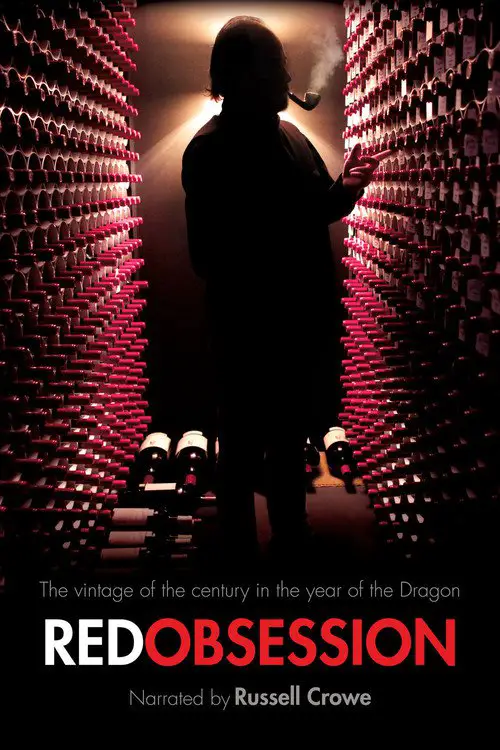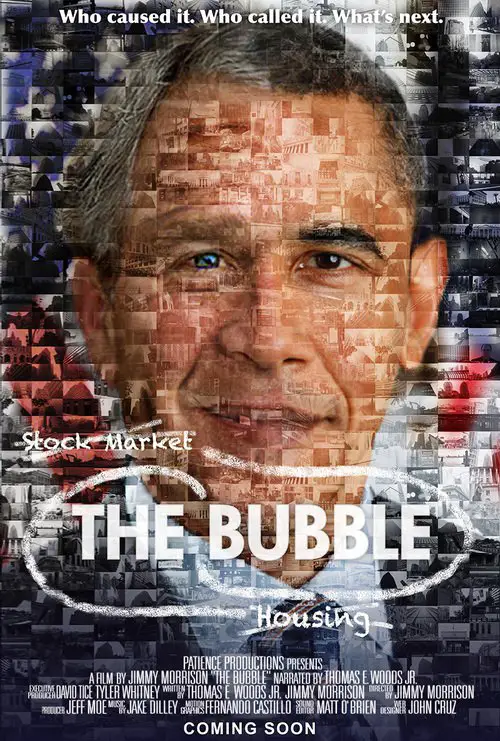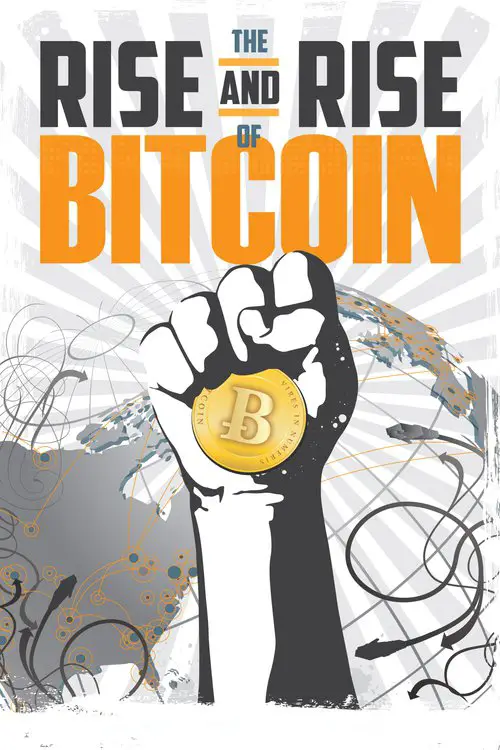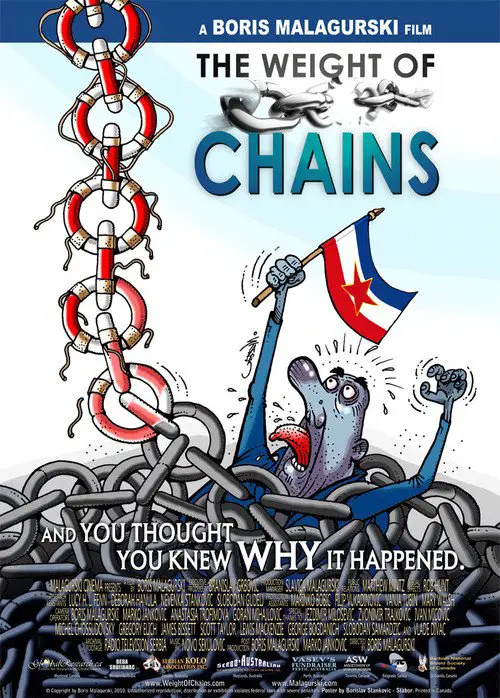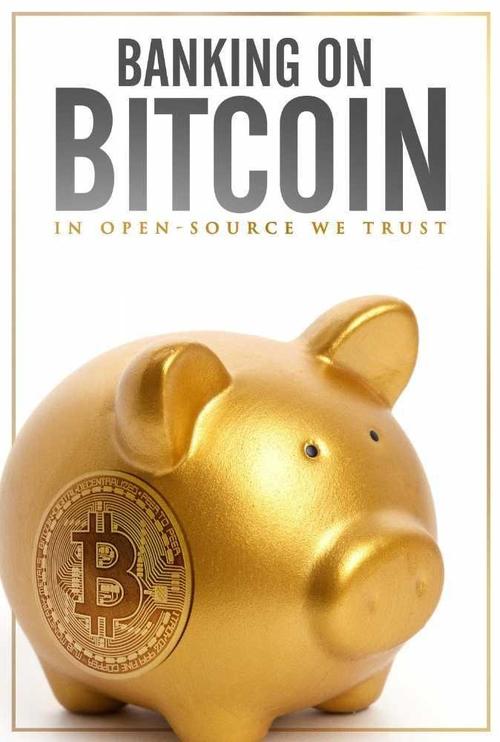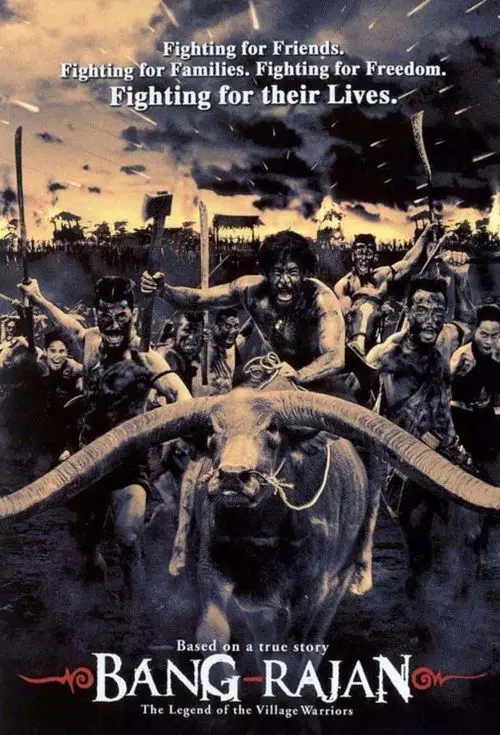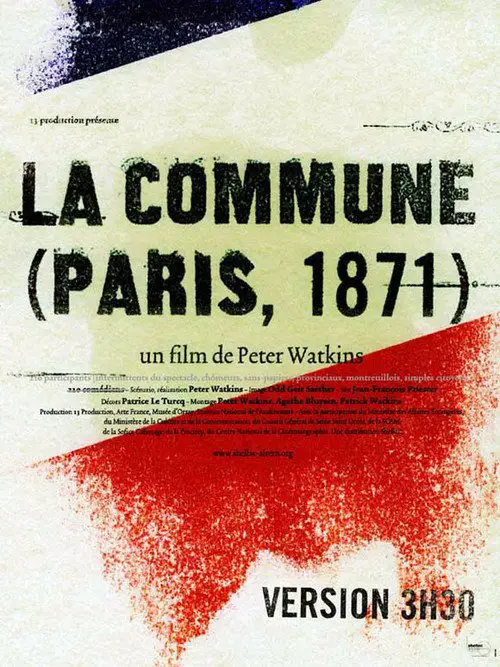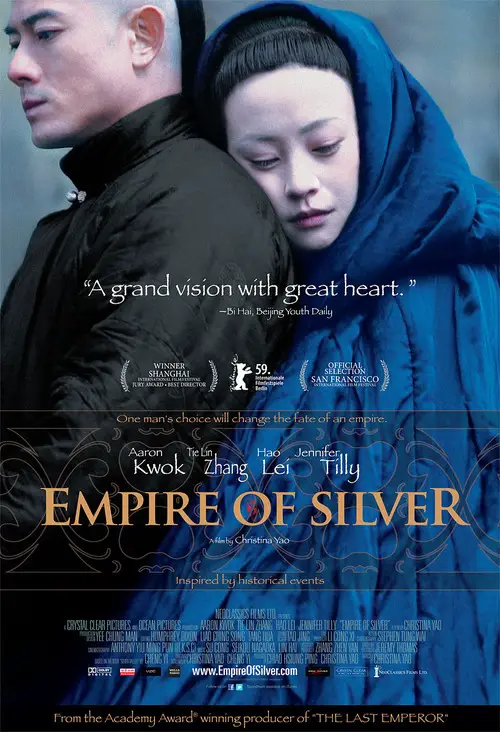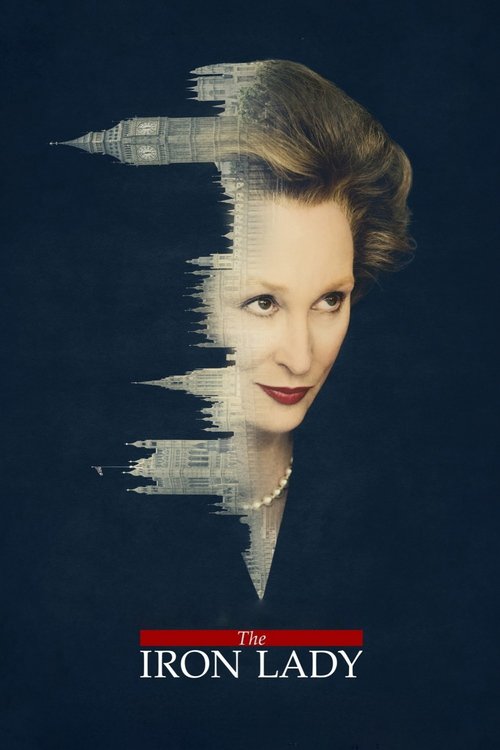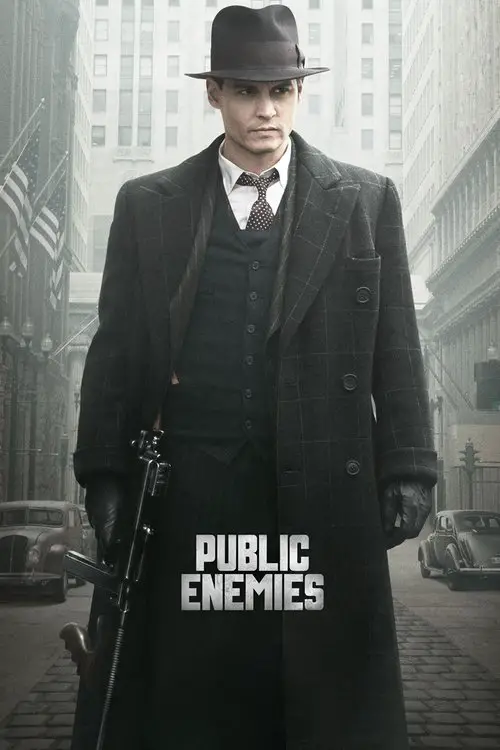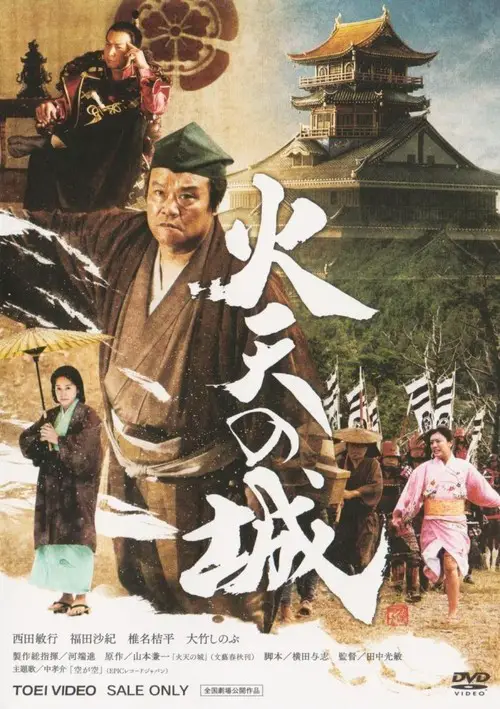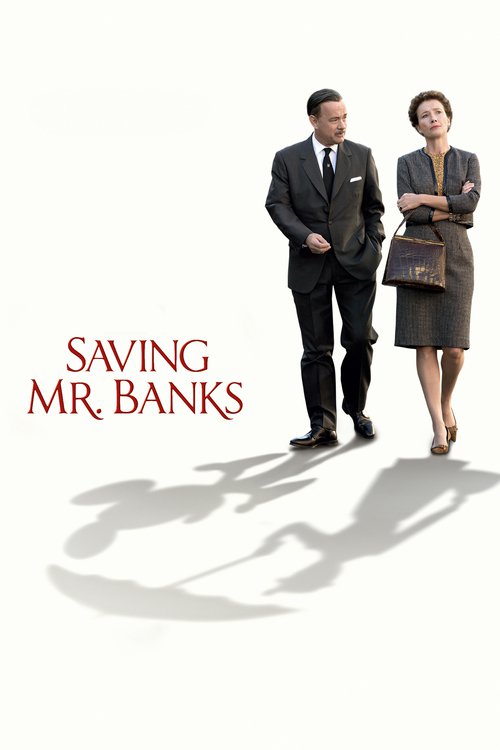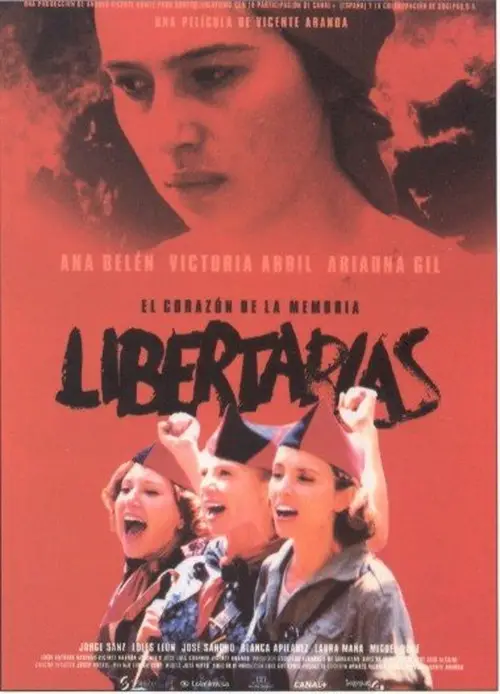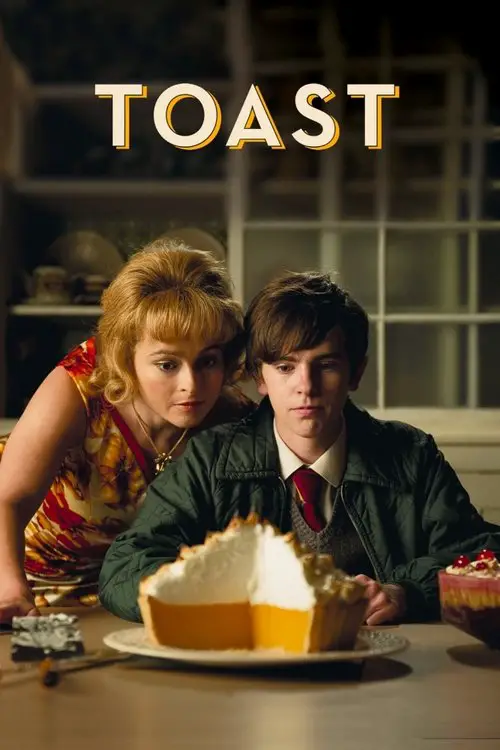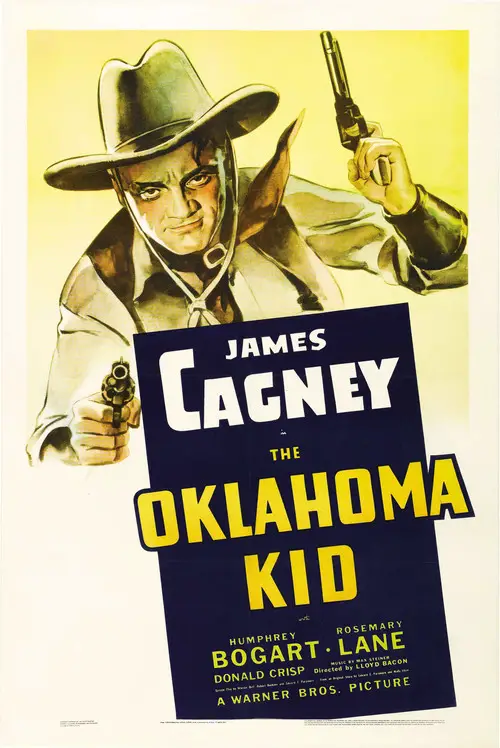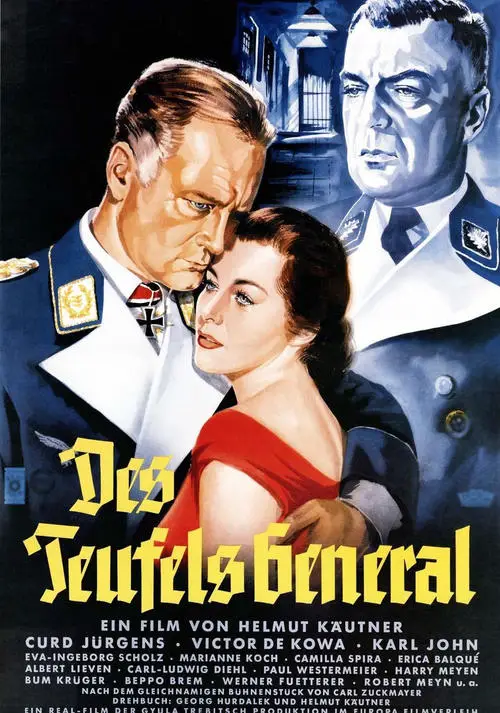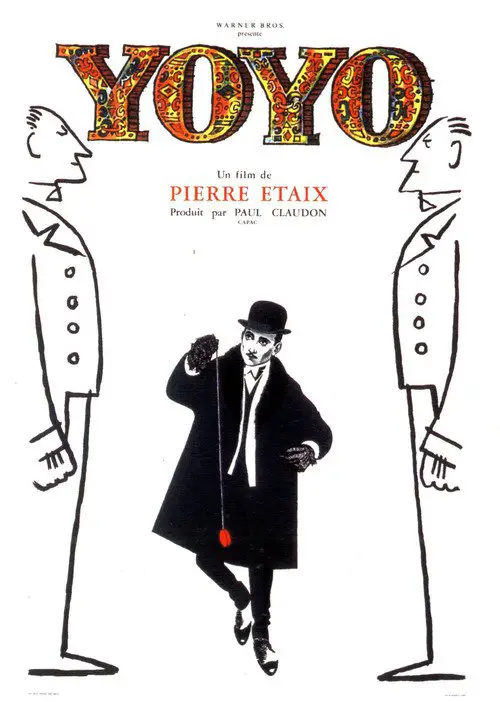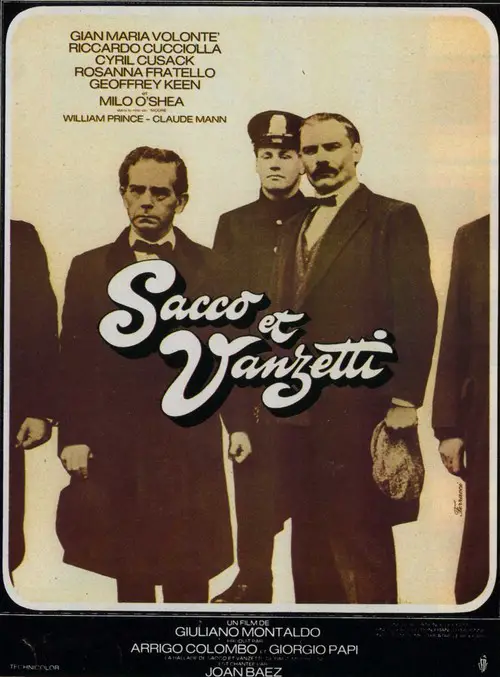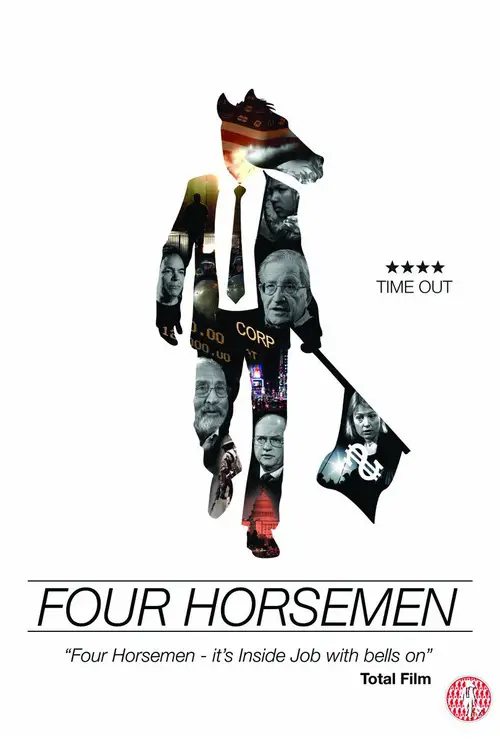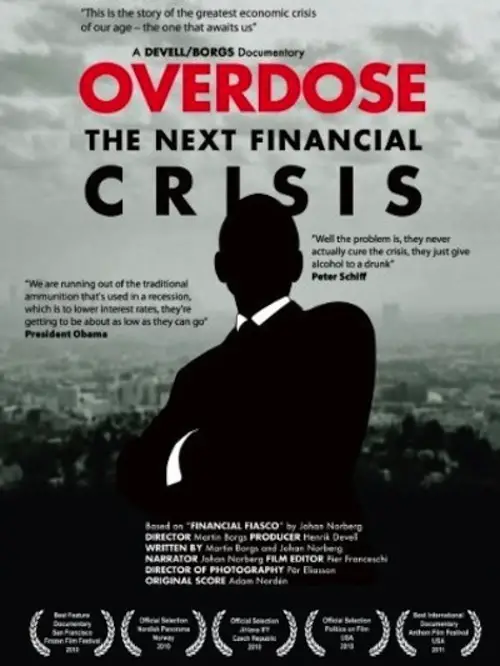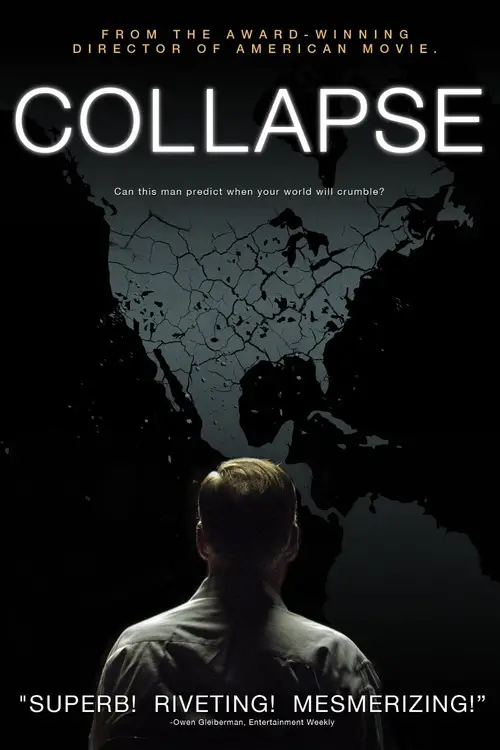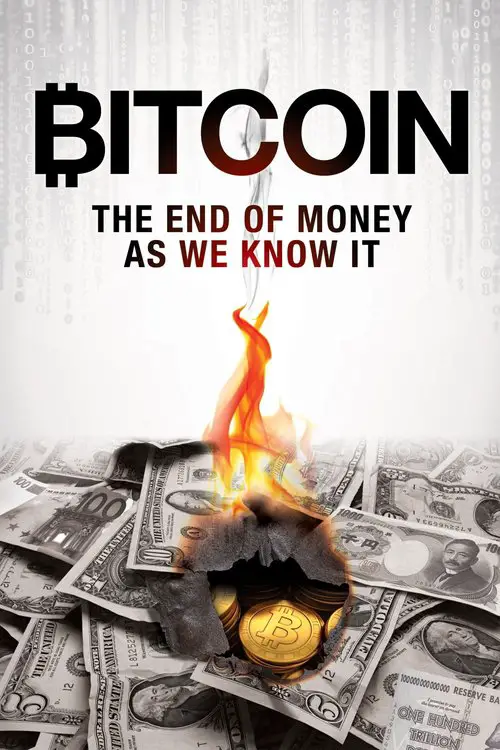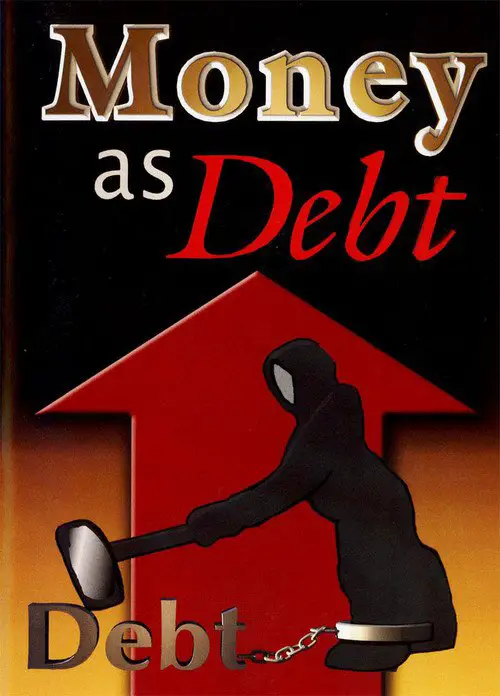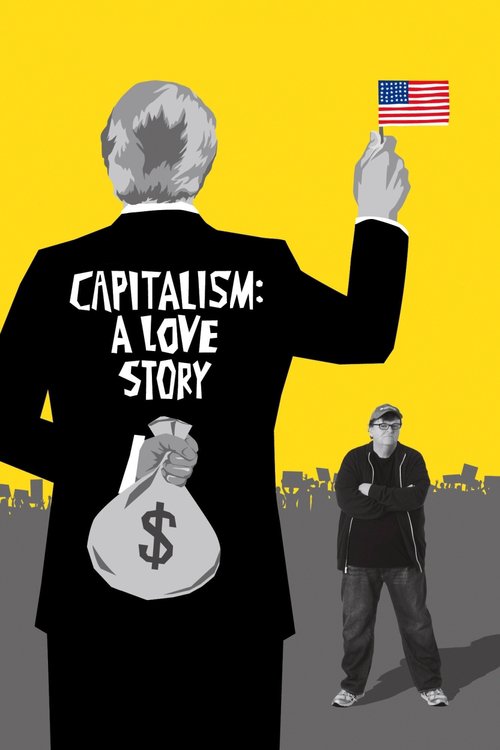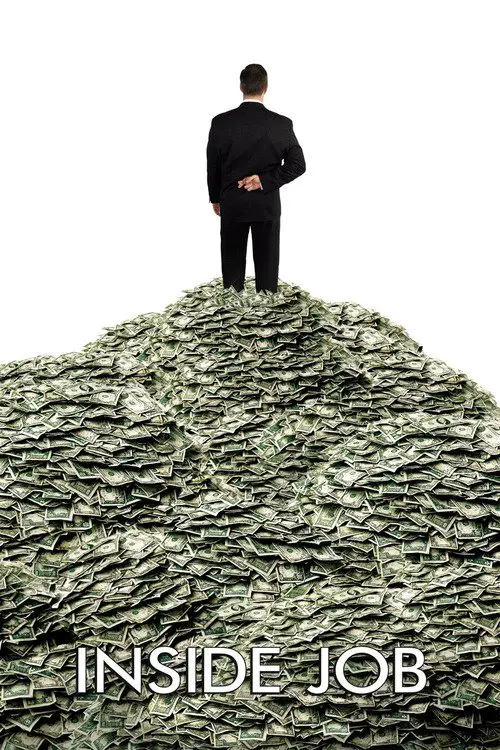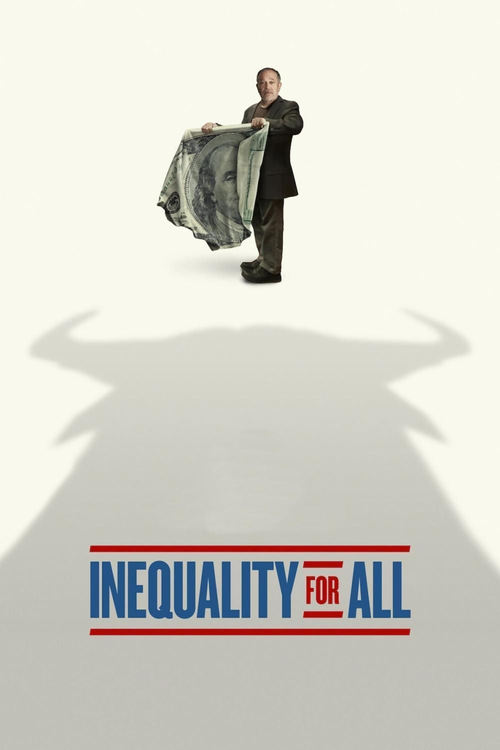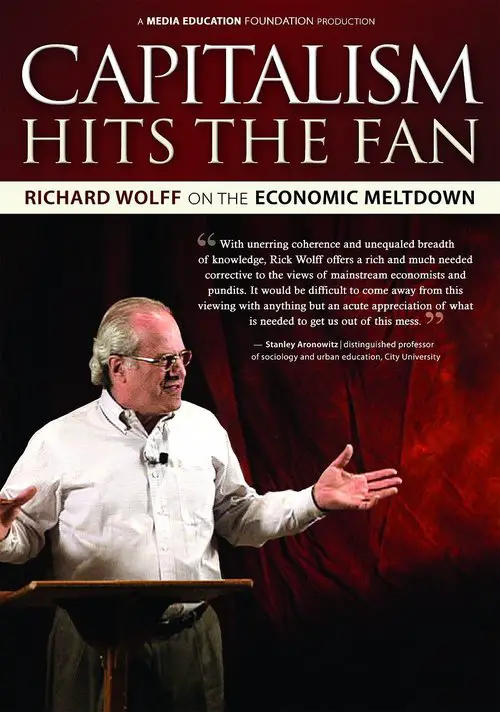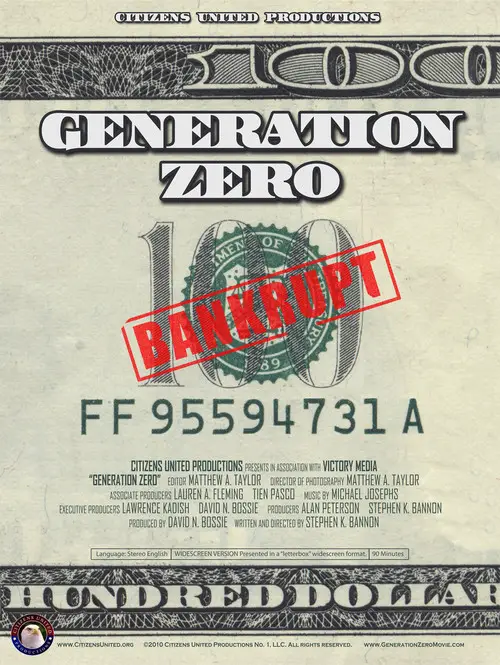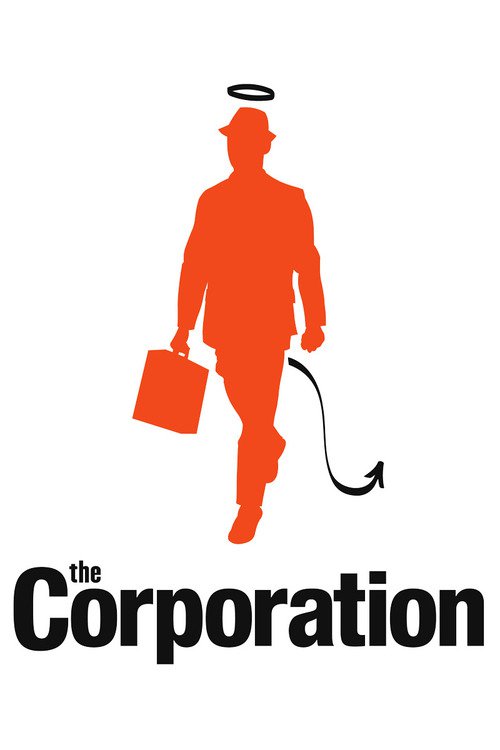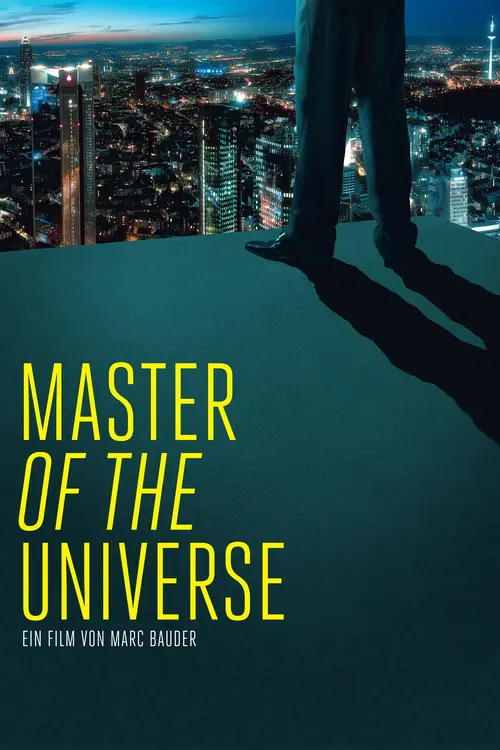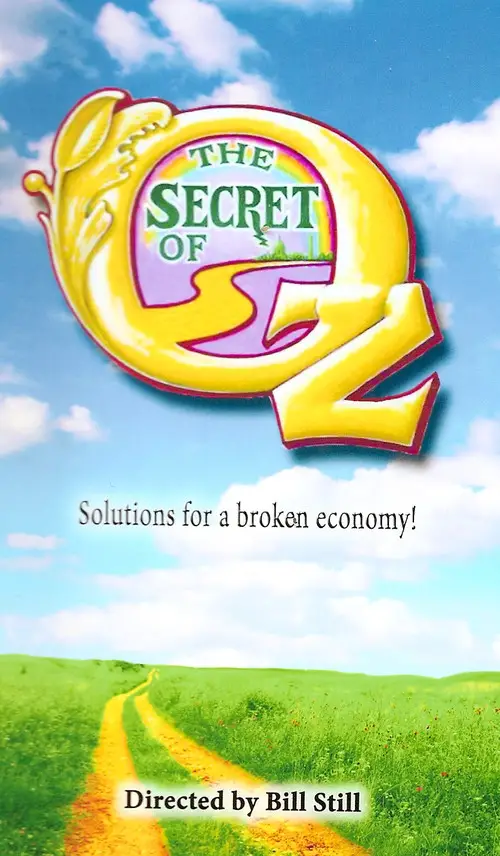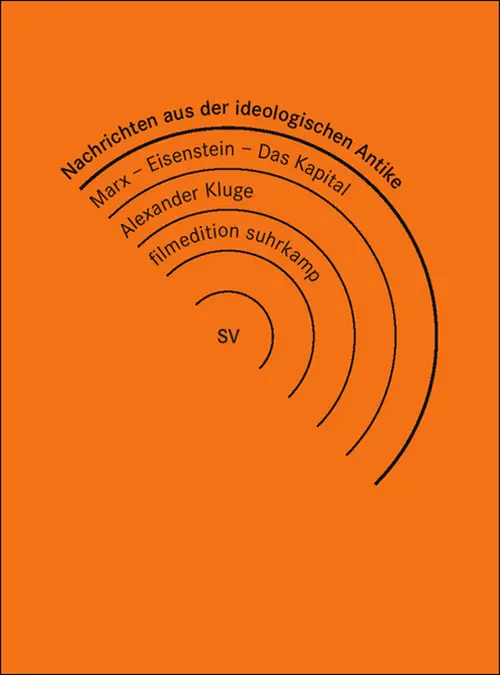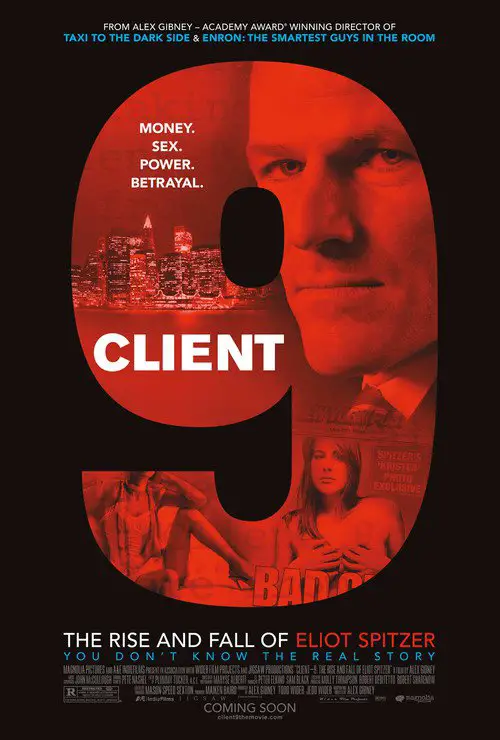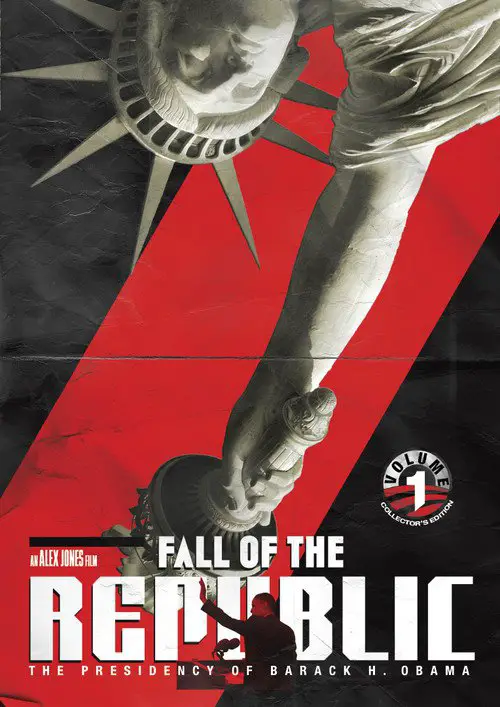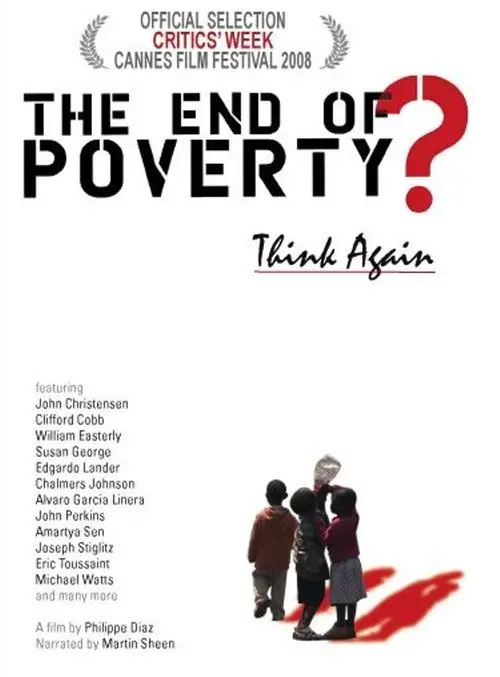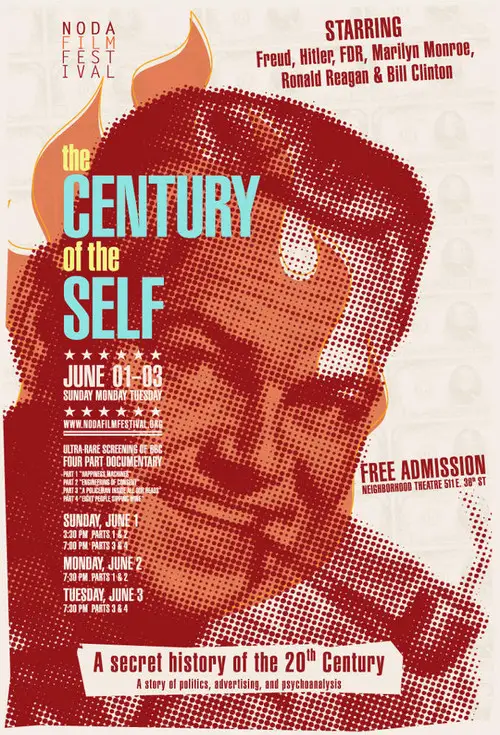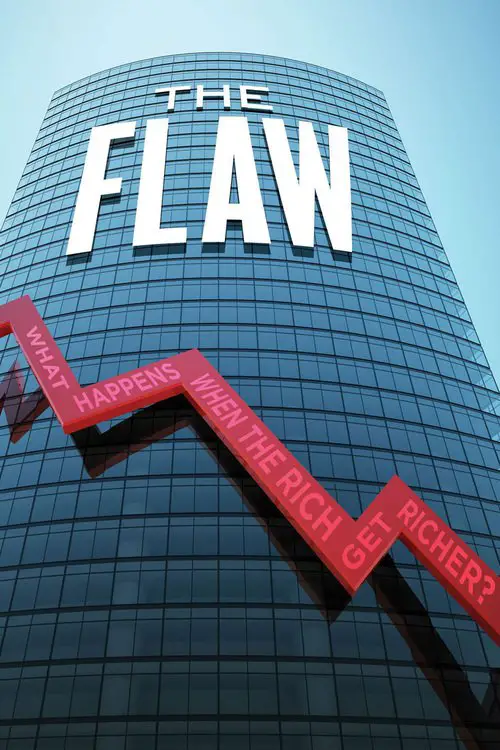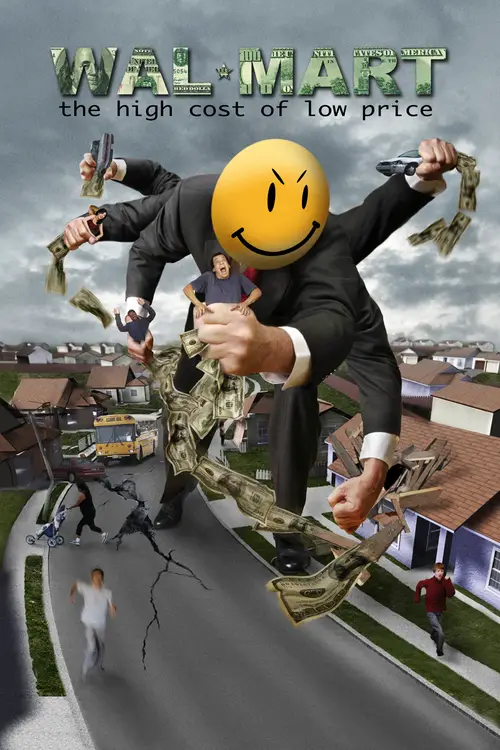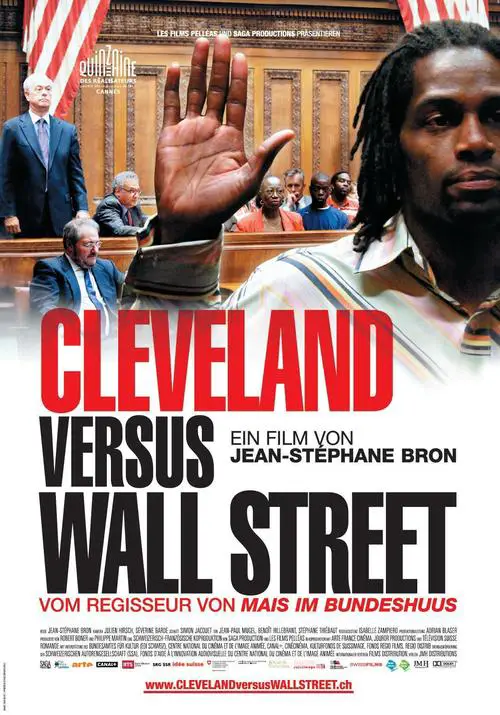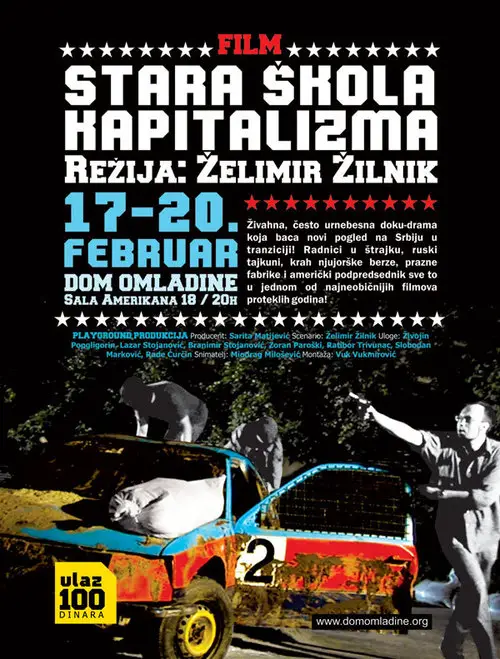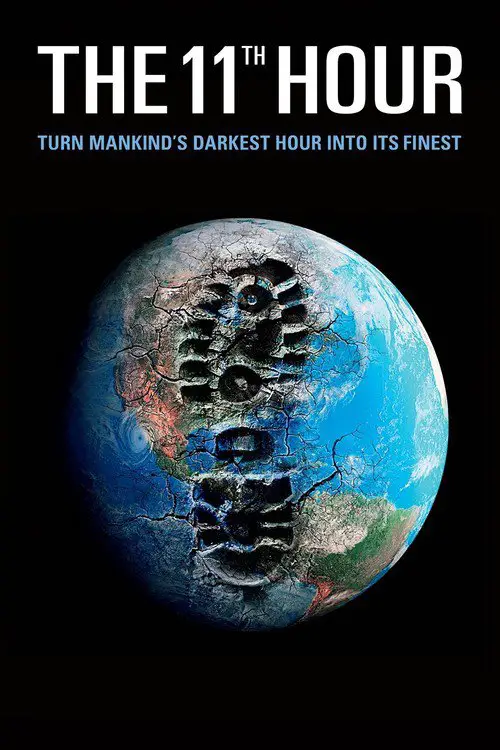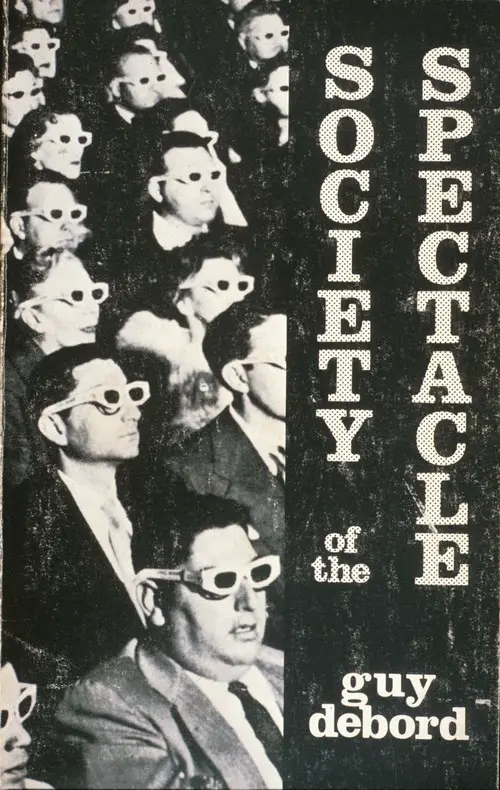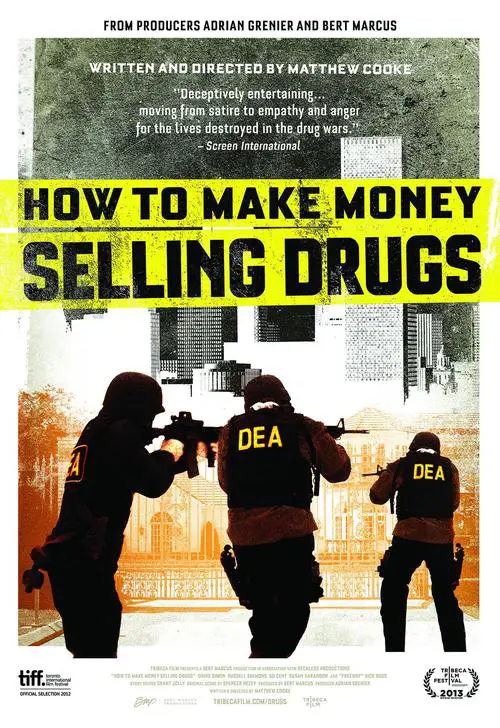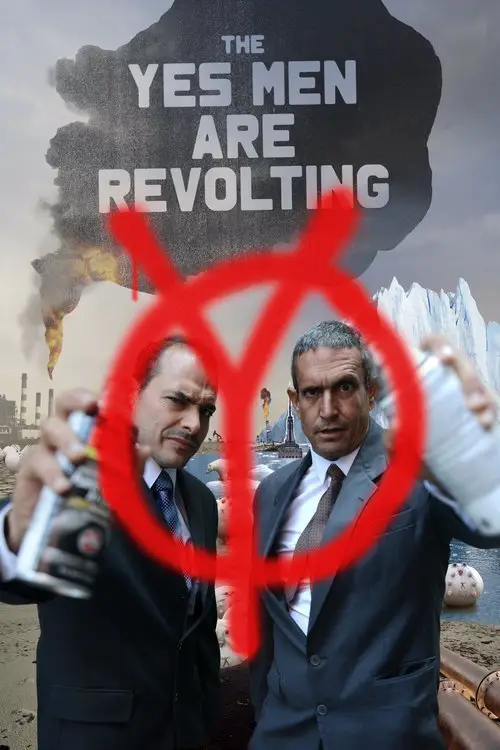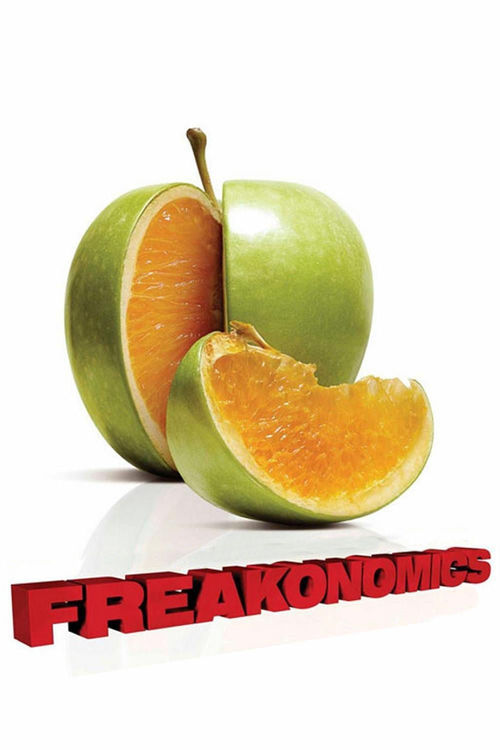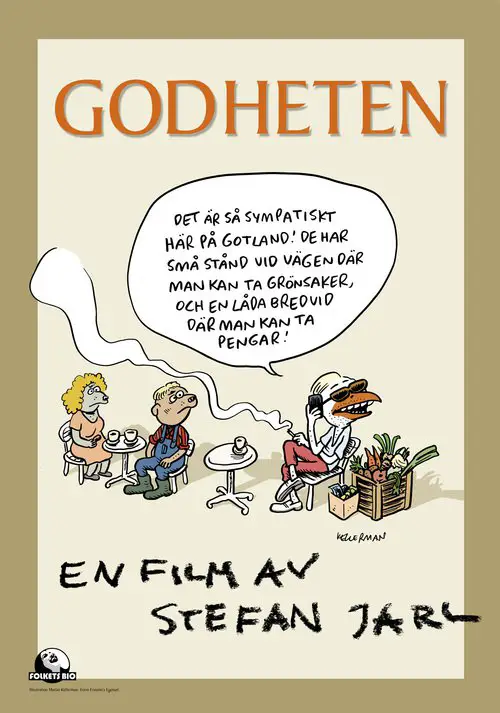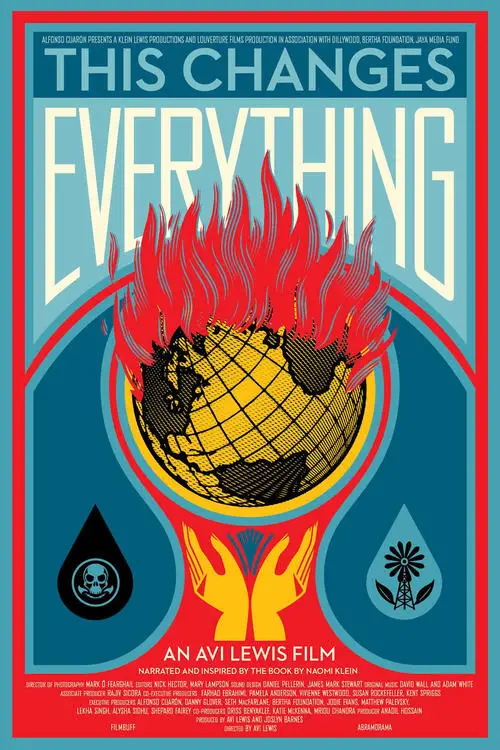The Ascent of Money (2009)

Similar movies
Franceâs Bordeaux region has long commanded respect for its coveted wine, but shifts in the global marketplace mean that a new, voracious consumer base in China is buying up this finite product. Bordeaux both struggles with and courts the spike in demand, sending prices skyrocketing. Narrated by Russell Crowe, Red Obsession is a fascinating look at our changing international economy and how an obsession in Shanghai affects the most illustrious vineyards in France.
The Weight of Chains is a Canadian documentary film that takes a critical look at the role that the US, NATO and the EU played in the tragic breakup of a once peaceful and prosperous European state - Yugoslavia. The film, bursting with rare stock footage never before seen by Western audiences, is a creative first-hand look at why the West intervened in the Yugoslav conflict, with an impressive roster of interviews with academics, diplomats, media personalities and ordinary citizens of the former Yugoslav republics. This film also presents positive stories from the Yugoslav wars - people helping each other regardless of their ethnic background, stories of bravery and self-sacrifice.
Not since the invention of the Internet has there been such a disruptive technology as Bitcoin. Bitcoin's early pioneers sought to blur the lines of sovereignty and the financial status quo. After years of underground development Bitcoin grabbed the attention of a curious public, and the ire of the regulators the technology had subverted. After landmark arrests of prominent cyber criminals Bitcoin faces its most severe adversary yet, the very banks it was built to destroy.
Depicts a heist of old bills, retired from circulation and destined by the government to be "money to burn". However, more broadly, it addresses the issues of Black Americans' involvement in the Vietnam War and their subsequent disillusionment with progress in social issues and civil rights back home in the United States, during the 1960s.
Set right before the fall of Thailand's old capital, Ayuttaya, Bang Rajan draws on the legend of a village of fighters who bravely fended off the Burmese armies. With no support from the Royal army, the villagers drives the invading Burmese away many times until their names have become legendary during the time. As each subsequent battles becomes fiercer, the villagers tries to forge a canon to battle the enemy in a final battle where everyone, women and children included, die in combat.
City of Life and Death takes place in 1937, during the height of the Second Sino-Japanese War. The Imperial Japanese Army has just captured the then-capital of the Republic of China, Nanjing. What followed was known as the Nanking Massacre, or the Rape of Nanking, a period of several weeks wherein tens of thousands of Chinese soldiers and civilians were killed.
We are in the year 1871. A journalist for Versailles Television broadcasts a soothing and official view of events while a Commune television is set up to provide the perspectives of the Paris rebels. On a stage-like set, more than 200 actors interpret characters of the Commune, especially the Popincourt neighbourhood in the XIth arrondissement. They voice their own thoughts and feelings concerning the social and political reforms. The scenes consist mainly of long camera takes.
Depression-era bank robber John Dillinger's charm and audacity endear him to much of America's downtrodden public, but he's also a thorn in the side of J. Edgar Hoover and the fledgling FBI. Desperate to capture the elusive outlaw, Hoover makes Dillinger his first Public Enemy Number One and assigns his top agent, Melvin Purvis, the task of bringing him in dead or alive.
The year is 1575 in feudal Japan. Oda Nobunaga's (Kippei Shiina) forces defeat Takeda Katsuyori, when Nagashino Castle was besieged during the Battle of Nagashino. The next year Oda Nobunada decides to build a lavish new castle symbolizing his unification of various factions. The castle named Azuchi Castle will be built near water and high enough to be seen from the capital city of Kyoto.
The tragic story of French naïve painter Séraphine Louis aka Séraphine de Senlis (1864-1942), a humble servant who becomes a gifted self-taught painter. Discovered by prominent critic and collector William Uhde, she came to prominence between the wars grouped with other naïve painters like Henri Rouseau only to descend into madness and obscurity with the onset of Great Depression and World War II.
At the outbreak of the Spanish Civil War, the nun Maria is forced to flee her convent. She takes refuge in a brothel, until it is liberated by a woman's anarchist group. Maria joins the group and eventually goes to the front. The women's group faces the problems of fighting not only the nationalists, but also factions on the left seeking to impose a more traditional military structure. Written by Brian Rawnsley
McCord's gang robs the stage carrying money to pay Indians for their land, and the notorious outlaw "The Oklahoma Kid" Jim Kincaid takes the money from McCord. McCord stakes a "sooner" claim on land which is to be used for a new town; in exchange for giving it up he gets control of gambling and saloons. When Kincaid's father runs for mayor, McCord incites a mob to lynch the old man whom McCord has already framed for murder.
Curt Jurgens stars as a courageous Luftwaffe officer. Jurgens loves the service, even though he barely tolerates the Hitler regime. Sickened by wartime Nazi atrocities, Jurgens renounces his government, and is imprisoned and tortured as a result. Once released, the general takes pity on a downtrodden Jewish family. This isolated act of kindness is a point in his favor when Jurgens stands before Satan himself for his final judgment. The Devil's General was based on an immensely successful postwar play by German author Carl Zuckmeyer.
From the acclaimed director of American Movie, the documentary follows former Los Angeles police officer turned independent reporter Michael Ruppert. He recounts his career as a radical thinker and spells out his apocalyptic vision of the future, spanning the crises in economics, energy, environment and more.
With the country's debt growing out of control, Americans by and large are unaware of the looming financial crisis. This documentary examines several of the ways America can get its economy back on the right track. In addition to looking at the federal deficit and trade deficit, the film also closely explores the challenges of funding national entitlement programs such as Social Security, Medicare and Medicaid.
A film that exposes the shocking truth behind the economic crisis of 2008. The global financial meltdown, at a cost of over $20 trillion, resulted in millions of people losing their homes and jobs. Through extensive research and interviews with major financial insiders, politicians and journalists, Inside Job traces the rise of a rogue industry and unveils the corrosive relationships which have corrupted politics, regulation and academia.
With breathtaking clarity, renowned University of Massachusetts Economics Professor Richard Wolff breaks down the root causes of today's economic crisis, showing how it was decades in the making and in fact reflects seismic failures within the structures of American-style capitalism itself. Wolff traces the source of the economic crisis to the 1970s, when wages began to stagnate and American workers were forced into a dysfunctional spiral of borrowing and debt that ultimately exploded in the mortgage meltdown. By placing the crisis within this larger historical and systemic frame, Wolff argues convincingly that the proposed government "bailouts," stimulus packages, and calls for increased market regulation will not be enough to address the real causes of the crisis, in the end suggesting that far more fundamental change will be necessary to avoid future catastrophes.
The eagerly awaited sequel to Patrick Keiller's London and Robinson in Space is a beautifully photographed cinematic essay on our current environmental and economic predicament, narrated by Vanessa Redgrave. Timely, provocative and studded with surreal humour, Robinson in Ruins reveals hidden histories and surprising visions (from the opium poppy fields of Oxfordshire to what seems to be a talking post box), making us consider the world around us afresh.
He was one of Germany's leading investment experts with an income of several million Euros per day. Now, he sits on one of the upper floors of an empty bank building in the middle of Frankfurt, overlooking a skyline of glass and steel. And talks. In an extended mix of a monologue and an in-depth interview, which is as frightening as it is fascinating, he shares his inside knowledge from a megalomaniac parallel world where illusions are the market's hardest currency. Marc Bauder's 'Master of the Universe' is based on meticulous research and provides us with geniune insight into the notoriously secretive and self-protective 'universe' of which our nameless protagonist experiences himself a master. Where other films on the financial meltdown have focused on the epic nature of larger-than-life business, Bauder probes the mentality that made it possible in the first place. A tense drama where psychology meets finance - two things that are more closely linked than you would like to believe.
It is well known in economics academia that The Wonderful Wizard of Oz written by L. Frank Baum in 1900 is loaded with powerful symbols of monetary reform which were the core of the Populist movement and the 1896 and 1900 president bid of Democrat William Jennings Bryan. The yellow brick road (gold standard), the emerald city of Oz (greenback money), even Dorothyâs silver slippers (changed to ruby slippers for the movie version) were the symbol of Baumâs and Bryanâs belief that adding silver coinage to gold would provide much needed money to a depression-strapped, 1890s America. We believe Baumâs symbols represent the only solution to relieve the growing economic hardship here in America â and the rest of the world. Practically speaking, 2009 marks the 70th anniversary of the 1939 MGM release of the The Wizard of Oz movie, so interest will be very high. Even Oz websites put up by kids get millions of hits.
Alexander Kluge's News from Ideological Antiquity begins with Russian filmmaker Sergei Eisenstein's ambitious but unrealized plan to combine Karl Marx's Capital and James Joyce's Ulysses. For over nine hours, the film expands in concentric circles as Kluge, his guests, interlocutors and monologists make associative links on a range of topics that starts from a filmic discussion of Eisenstein's notes.
This documentary feature takes an in-depth look at the rapid rise and dramatic fall of New York Governor Eliot Spitzer. Nicknamed "The Sheriff of Wall Street," when he was NY's Attorney General, Eliot Spitzer prosecuted crimes by Americaâs largest financial institutions and some of the most powerful executives in the country. After his election as Governor, with the largest margin in the state's history, many believed Spitzer was on his way to becoming the nation's first Jewish President. Then, shockingly, Spitzerâs meteoric rise turned into a precipitous fall when the New York Times revealed that Spitzer - the paragon of rectitude - had been caught seeing prostitutes.
The End of Poverty? asks if the true causes of poverty today stem from a deliberate orchestration since colonial times which has evolved into our modern system whereby wealthy nations exploit the poor. People living and fighting against poverty answer condemning colonialism and its consequences; land grab, exploitation of natural resources, debt, free markets, demand for corporate profits and the evolution of an economic system in in which 25% of the world's population consumes 85% of its wealth. Featuring Nobel Prize winner Amartya Sen and Joseph Stiglitz, authors/activist Susan George, Eric Toussaint, Bolivian Vice President Alvaro Garcia Linera and more.
Humanityâs ascent is often measured by the speed of progress. But what if progress is actually spiraling us downwards, towards collapse? Ronald Wright, whose best-seller, âA Short History Of Progressâ inspired âSurviving Progressâ, shows how past civilizations were destroyed by âprogress trapsââalluring technologies and belief systems that serve immediate needs, but ransom the future. As pressure on the worldâs resources accelerates and financial elites bankrupt nations, can our globally-entwined civilization escape a final, catastrophic progress trap? With potent images and illuminating insights from thinkers who have probed our genes, our brains, and our social behaviour, this requiem to progress-as-usual also poses a challenge: to prove that making apes smarter isnât an evolutionary dead-end.
The story of the credit bubble that caused the financial crash. Through interviews with some of the world's leading economists, including housing expert Robert Shiller, Nobel laureate Joseph Stiglitz, and economic historian Louis Hyman, as well as Wall Street insiders and victims of the crash including Ed Andrews - a former economics correspondent for The New York Times who found himself facing foreclosure - and Andrew Luan, once a bond trader at Deutsche Bank now running his own Wall Street tour guide business, the film presents an original and compelling account of the toxic combination of forces that nearly destroyed the world economy.
This documentary takes the viewer on a deeply personal journey into the everyday lives of families struggling to fight Goliath. From a family business owner in the Midwest to a preacher in California, from workers in Florida to a poet in Mexico, dozens of film crews on three continents bring the intensely personal stories of an assault on families and American values.
On 11th January 2008, hired by the City of Cleveland, lawyer Josh Cohen and his team filed a lawsuit against 21 banks, which they held accountable for the wave of foreclosures that had left their city in ruins. Since then, the bankers on Wall Street have been fighting by with all available means to avoid going to court. This film is the story of that trial. A film about a trial that may never be held but in which the facts, the participants and their testimonies are all real: the judge, lawyers, witnesses, even the members of the jury - asked to give their verdict - play their own roles. Step by step, one witness after another, the film takes apart, from a plain, human perspective, the mechanisms of subprime mortgage loans, a system that sent the world economy reeling. A trial for the sake of example, a universal fable about capitalism
This is a documentary about an honest search for the truth about the Federal Reserve Bank and the legality of the Internal Revenue System. Through extensive interviews with recognised experts and authority, the director shows an astonishing revelation of how the Federal Government and the Bankers have fooled the American public by taking thier wages and putting it in the pockets of the super-rich.
The film is mixture of documentary and fiction examining the new god of capitalism offered to the Serbs with the ending of state socialism. The story's background are a number of strikes in Belgrade during the late 2000s and these introduce us to a number of characters who play themselves. Explosive situations result with employees dressed in American football helmets and pads square up with employers' heavies in their bullet-proof vests.A visit from the Russian tycoon's representative and vice president Joe Biden's arrival complicate the proceedings further.
A look at the state of the global environment including visionary and practical solutions for restoring the planet's ecosystems. Featuring ongoing dialogues of experts from all over the world, including former Soviet Prime Minister Mikhail Gorbachev, renowned scientist Stephen Hawking, former head of the CIA R. James Woolse
Cuba's political and economic exile has yielded a startling upside: A pristine island preserve boasting one of the most diverse and primordial ecosystems in the region. But how will nature fare if the U.S. trade embargo ends and tourists pour in? This episode of the PBS series observes jumping crocodiles, painted snails and other famed residents while profiling the unsung scientists who are studying and protecting the creatures' idyllic habitats.
© Valossa 2015–2025
| Privacy Policy
